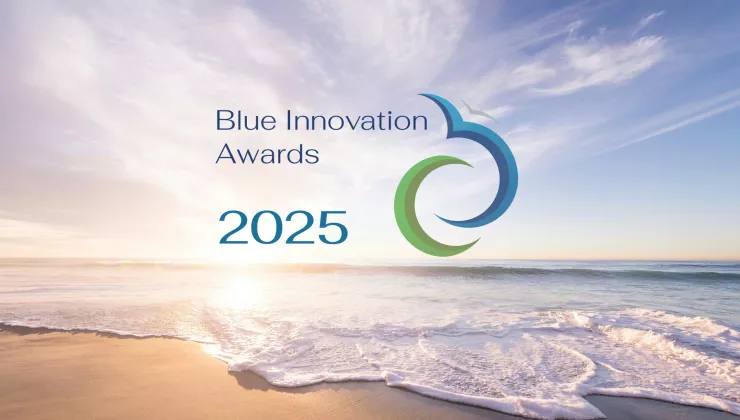FACET
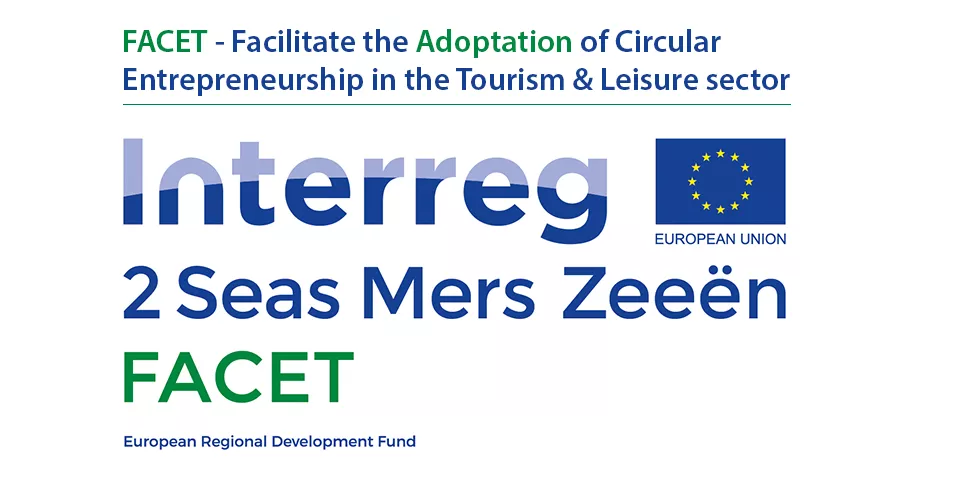
FACET: Facilitating the adoption of circular entrepreneurship in the tourism & leisure sector
The Interreg 2 Seas project FACET aims to encourage entrepreneurs in the tourism sector to adopt circular solutions within their businesses, creating new sustainable business models. A strong consortium of project partners from Flanders, the Netherlands and England is experimenting with circular applications in accommodations, waste reduction and circular business operations.
As a coastal region, the 2 Seas region (along the Channel and North Sea of England, Flanders, France and the Netherlands) has traditionally been a tourist destination with a significant impact on the regional economy. According the United Nations World Tourism Organization, tourism in this region increases annually by 5-8%.
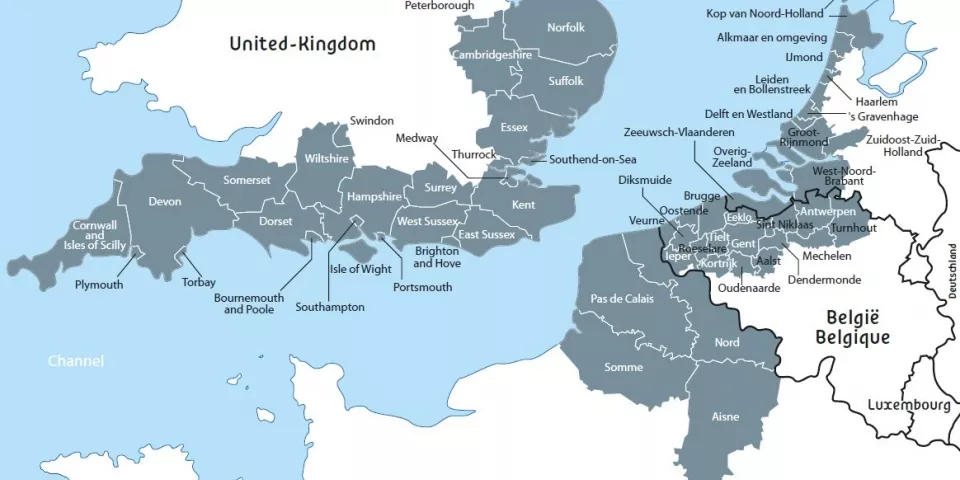
Mass consumption
Tourism also entails mass consumption of raw materials. This could grow by 92% (water) and 189% (land use) globally over the period 2010-2050 (Tourism Watch). This puts much pressure on the already limited availability of raw materials in the region, where industry, agriculture and tourism are already competing with each other.
It is clear that circular solutions need to be found to ensure that tourism remains economically beneficial. The COVID-19 crisis forced many stakeholders to take some time to reflect. It is the perfect time to reconsider how we have structured our society and economy and how we want to rebuild our systems after the crisis.
Multiple small pilots
Distributed over the 2 Seas region, FACET is developing several local diverse practical, low-threshold and small-scale pilot and demonstration projects. This way, entrepreneurs gain practical knowledge and experience to make business models circular. FACET offers expertise and support in setting up these pilots.
Cooperation groups
At the same time, local and regional cooperation groups are set up between companies inside and outside the tourism sector, suppliers and chain parties. These forms of cooperation are enhanced by the involvement of local authorities, financiers and end users (tourists and residents).
Through the involvement of government authorities, the project explores how challenges within existing regulations can be jointly addressed. It also examines appropriate financing structures for the realisation of circular concepts. This collaboration should increase the implementation of circularity.
Although tourists, the end users of the tourism product, are not included in the pilot projects, the demonstrations will benefit them the most. This way, the quality of their experience of the area will be maintained.
Knowledge sharing
Raising awareness among companies in the tourism sector about the circular economy, new business models and other forms of cooperation are important focal points within the project. Therefore, best practices gained will be shared both regionally and internationally.
This way, practical knowledge is built up and entrepreneurs are supported in their transition to circular business operations/business models. The project encourages small and medium-sized enterprises in the tourism sector to develop and adopt circular applications.
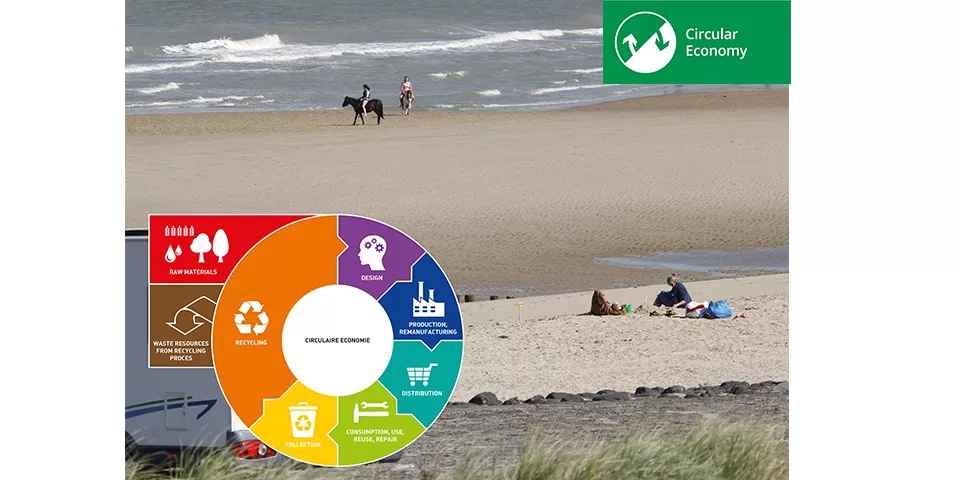
Partners
- The Netherlands: NV Economische Impuls Zeeland, HZ University of Applied Sciences and Camping en Villapark De Paardekreek
- Belgium: Westtoer, Blue Cluster
- France: ADEME
- United Kingdom: Greenwich University, Norfolk County Council
The project runs from January 2020 to March 2023 and has a total budget of € 3,891,756.
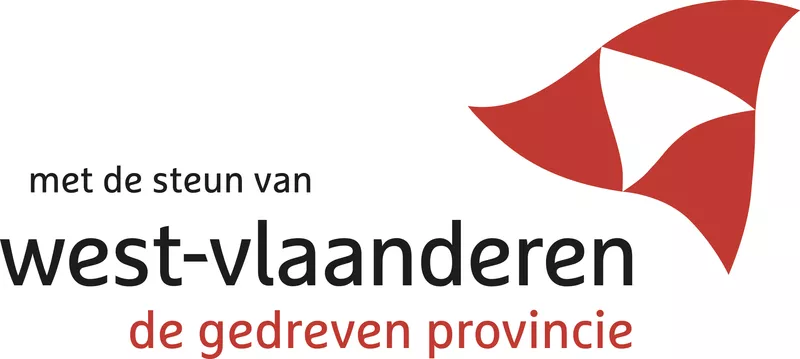
Interreg 2 Seas
Interreg 2 Seas 2014-2020 is a European territorial cooperation programme for England, France, the Netherlands and Belgium (Flanders). The programme is co-funded by the European Regional Development Fund (ERDF) and has a total budget of 241 million euro to support projects for the period from 2014 to 2020. The objective is to develop an innovative, knowledge- and research-based, sustainable and inclusive 2 Seas area, where natural resources are protected and the green economy is promoted.
Contact: Karen Vanderstraeten

